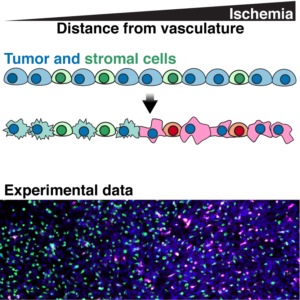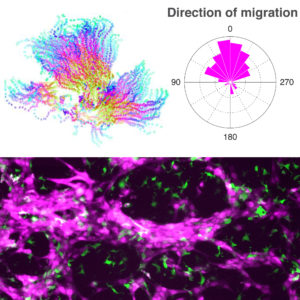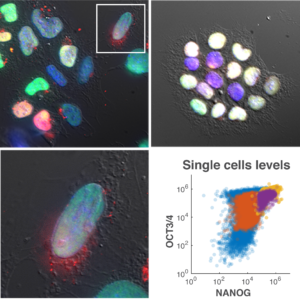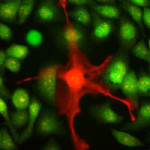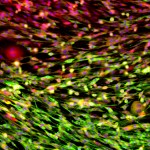The microenvironment experienced by cancer cells plays a fundamental role in how malignant they become. Interactions with other cells, including healthy stromal cells in our body, are critical for the progression of tumors. These interactions occur in changing environments where time and location are important factors. Also, cancer cells compete for some nutrients while they may share or exchange others. This creates a balance between cooperation and competition that shapes the dynamics of tumor growth. Since ecologists have been dealing with this type of problems for a long time, we are borrowing some of their concepts and approaches to understand tumor development better.
